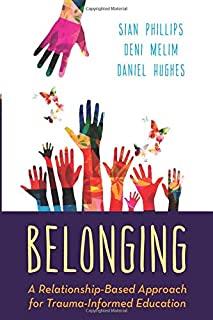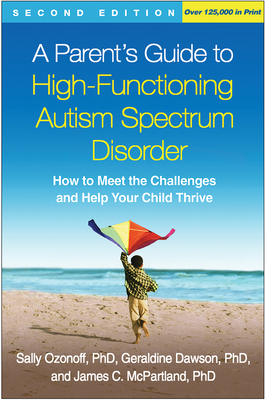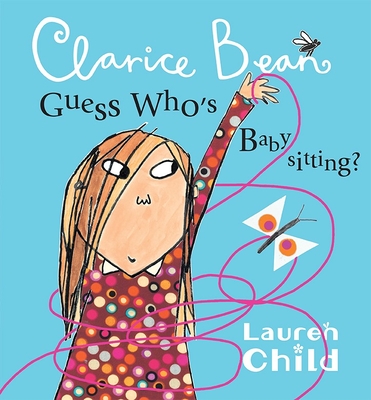
Phillips, Sian
Even though it is relationships that have hurt students with developmental trauma, it is known that they must find safe relationships to learn and heal. Forming those relationships with children who have been hurt and no longer trust adults is not easy. This book focuses on three important and comprehensive areas of theory and research that provide a theoretical, clinical, and integrated intervention model for developing the relationships and felt sense of safety children with developmental trauma need. Using what is known from attachment theory, intersubjectivity theory, and interpersonal neurobiology, the reader is helped to understand why children behave in the challenging ways they do.
This book offers successes and ongoing challenges as a means to continue the conversation about how best to support some of our most at-risk youth.







